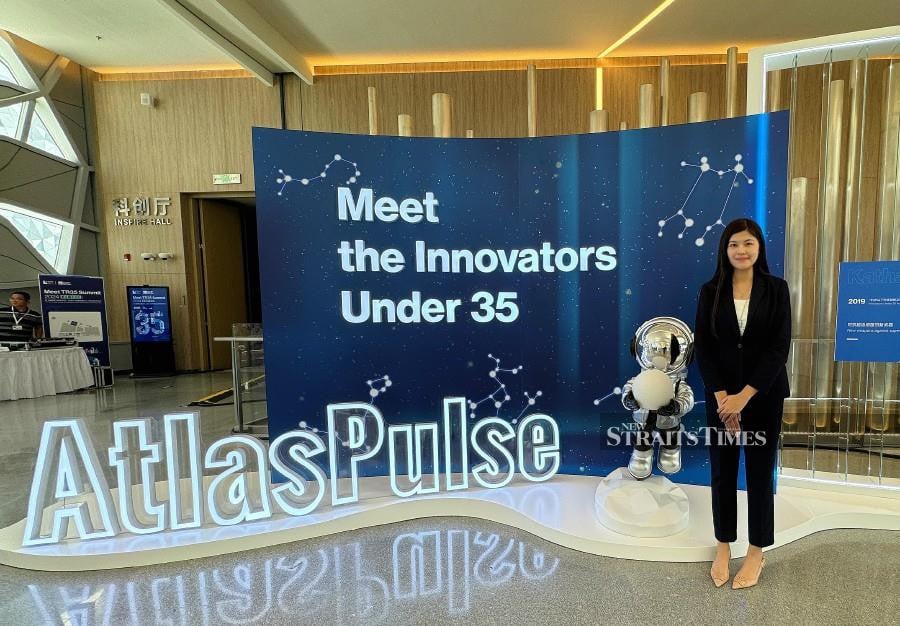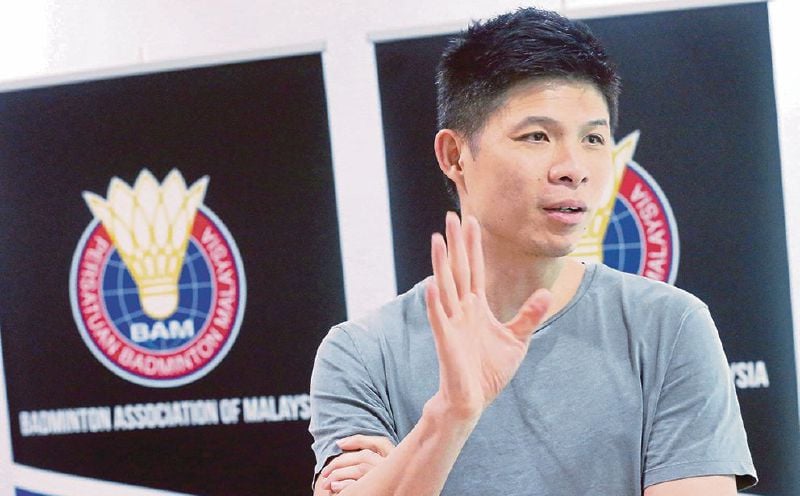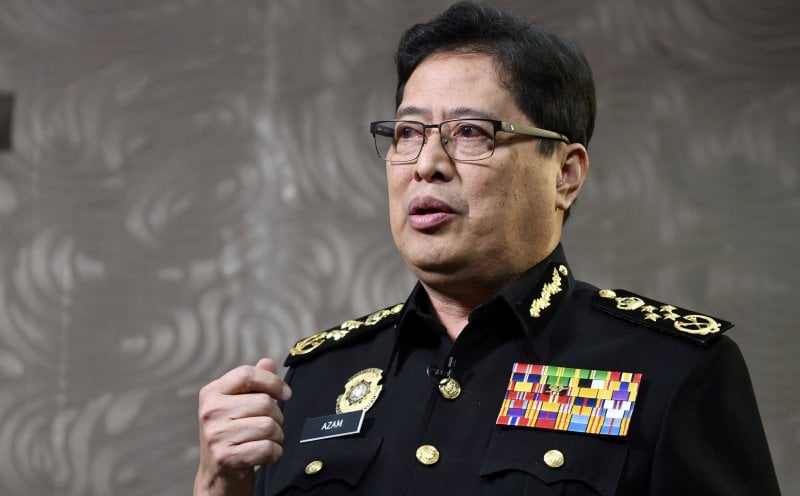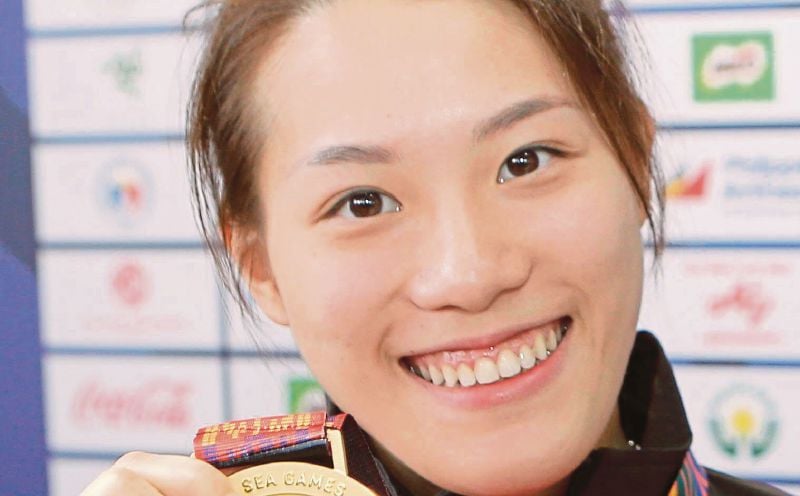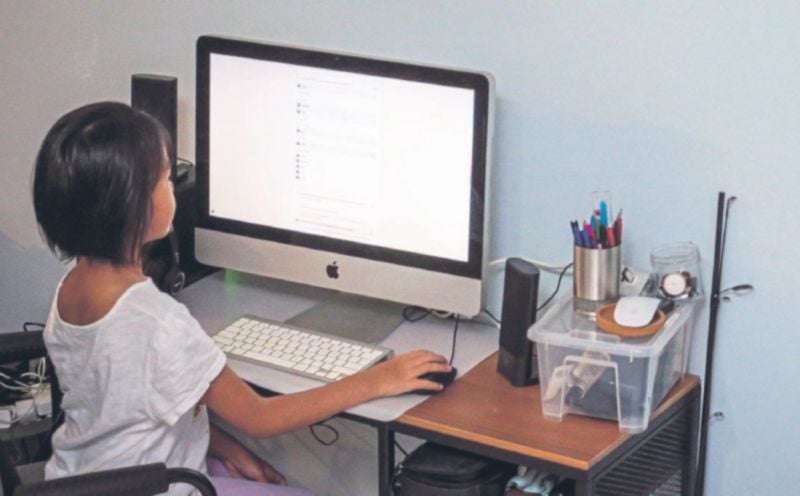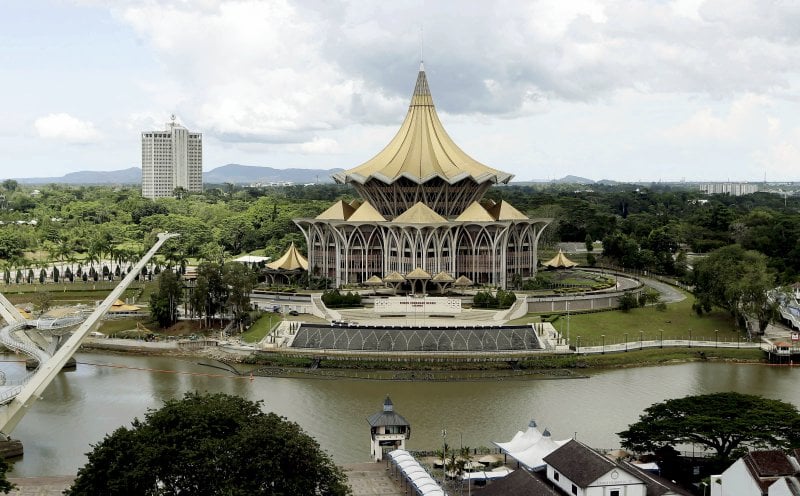DR Kong Xin Ying, a pioneering researcher from Malaysia, has been named the sole recipient from her country of the esteemed MIT Technology Review's Innovators Under 35 (TR35) Asia Pacific Award for 2024.
This highly regarded accolade celebrates her innovative contributions to sustainable energy harvesting and environmental remediation through the upcycling of plastics.
The TR35 Award acknowledges 35 outstanding young innovators across the region who have made remarkable strides in diverse fields such as biotechnology, materials science, energy, and transportation, showcasing their ingenuity and entrepreneurial vision.
Kong's work has attracted international attention for its potential to revolutionise the way we handle plastic waste and its implications for sustainable energy.
At the heart of her research is the conversion of plastic waste into fuels and versatile chemicals using catalysts under ambient conditions. This method dramatically reduces the decomposition time of non-biodegradable plastics, which would typically take centuries, to just a single day. The process not only offers a solution to the global plastic pollution crisis but also generates valuable chemicals that can be used as solvents, food additives, and even as carriers for hydrogen storage. By re-purposing carbon from plastic waste rather than relying on fossil fuels, Kong's early laboratory tests suggest significant benefits for both the environment and energy sustainability.
Currently a research fellow at Nanyang Technological University in Singapore, Kong expressed her gratitude for the recognition, saying, "Receiving this award is an incredible honour. It highlights the significance of my work in mitigating plastic pollution with sustainable solutions, and it motivates me to push the boundaries of my research even further."
Kong is the fourth Malaysian to receive the TR35 Award in the last decade, joining the ranks of other notable innovators such as Wei Ru Wong (2020), Dhesi Raja (2017), and Goh Ai Ching (2014). The award was presented to her last month at a prestigious ceremony in Shanghai.
In addition to this honour, she was recently listed among the world's top 2 per cent scientists for 2023 by Stanford University, making her one of the youngest recipients at just 32 years old. Her pioneering research in photocatalytic plastic upcycling also earned her a place as one of five recipients of the 2023 Merdeka Award Grant for International Attachment.
The Merdeka Award will enable Kong to undertake a three-month attachment at the Lawrence Berkeley National Laboratory and the University of California, Berkeley, where she will further her research in plastic upcycling.
Speaking on the opportunity, she said, "The Merdeka Award Grant will provide a platform for me to collaborate with leading researchers at top institutions worldwide. This exposure will significantly enhance my work on sustainable energy solutions and expand the impact of my research."
Meanwhile, the Merdeka Award Trust secretary, Kerina Fauzi, praised Kong's achievements, saying, "Kong's work exemplifies the spirit of innovation and excellence that the Merdeka Award aims to recognise. Her research addresses real-world environmental challenges and inspires future generations of scientists and innovators to pursue transformative solutions."
Nurturing young Malaysian talent
The Merdeka Award Grant for International Attachment, offered every two years, has supported 29 recipients since its inception in 2012. This prestigious grant provides Malaysians between the ages of 22 and 35 with the opportunity to collaborate with leading global institutions across various fields, including education, health, science, technology, environment, arts, and humanities.
Applications for the next cycle of the grant will open on Jan 1, 2025. Successful recipients will receive full funding for tuition, accommodation, and travel for a short-term attachment of up to three months, allowing them to further their expertise and contribute to global knowledge in their chosen fields.



